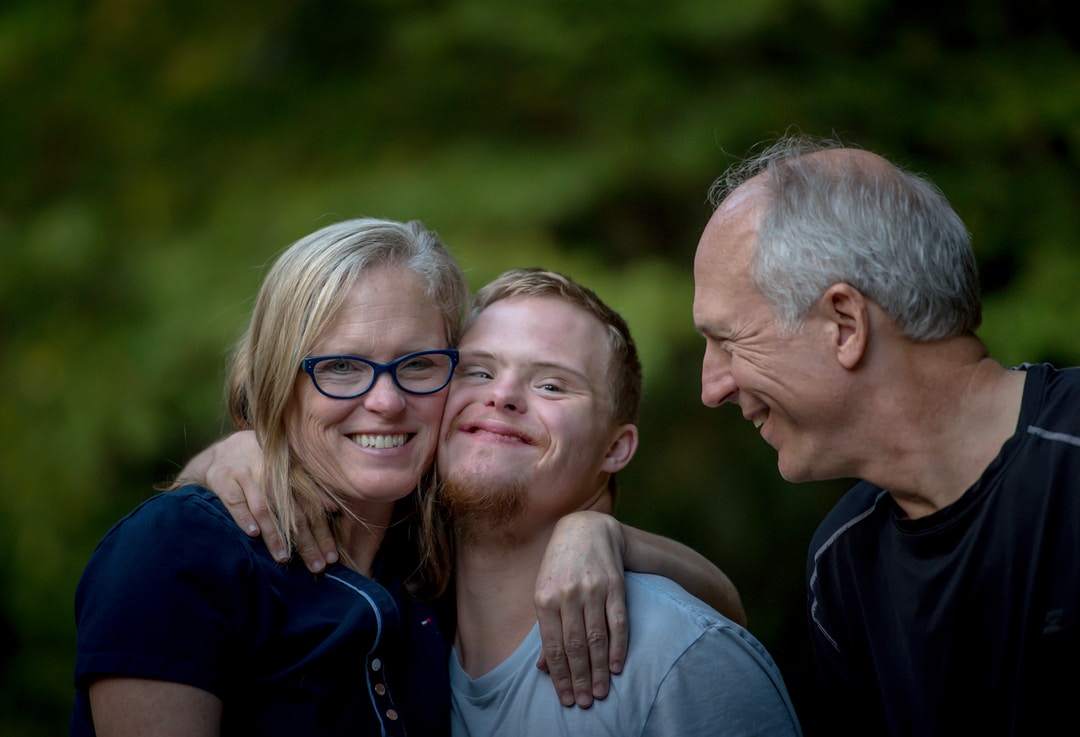The logistics of managing a loved one’s estate can be overwhelming. As the family member or spouse of someone who’s recently passed on, you’re naturally in the grieving process. If you’re in the position of being next of kin or the primary beneficiary of a loved one’s estate, it’s important to concentrate on your mental health while juggling the responsibilities, and sometimes legal situations, that come up in these difficult times. For ways to cope while managing a loved one’s estate, read on.
Working with Other Family Members

Managing a loved one’s estate is easier when you have the support of other family members. After losing a parent, grandparent, or other loved one, it’s a good idea to sit down with siblings, cousins, or others who might be beneficiaries to the estate for an open conversation. In being transparent about the estate from the beginning, you’ll be less likely to run into uncomfortable situations or difficult dynamics. Something like the transfer of loans between siblings will be more likely to go smoothly when you’re working as a team to divide an inheritance.
While working together will make things easier, family dynamics can be challenging, especially in times of grief. If you’re struggling with issues around the division of real property, consider reaching out to a licensed family therapist who can help soothe tensions around the estate.
Turning Toward Spirituality

Regardless of whether you’re an official trustee, next of kin, or beneficiary, being involved in estate transfer can be emotionally stressful. Many people find comfort in the scriptures, going to church, or taking time out to embrace their spirituality. Not only can this help with grief, but turning toward spirituality is a form of self-care that might make coping with estate issues easier. If religion has helped you in the past, consider picking up a new Bible or other religious item with a simple Google search like ‘NRSV Bible online,’ and you’ll have another option for comfort during trying times.
Exploring Legal Options

When estates become complicated, a good probate attorney could be the answer to your legal questions and concerns. Hiring someone familiar with the finances and challenges that come with estate division can be a great way to take some pressure off and delegate much of the paperwork involved with estate distribution. Whether you’re juggling a small estate or something more complicated involving liens or exemptions, a probate lawyer will be able to help you through every step of the probate process.
Taking It One Day at a Time

As you manage your loved one’s estate, you will undoubtedly experience stages of grief and sadness. Hiring a grief counselor to help you through the states of grief is a great way to begin taking those initial steps toward healing. While some people use getting heavily involved in the transfer of property as a way of avoiding addressing symptoms of grief, you’ll need to work through your sadness eventually. Having a therapist you trust on hand will help you cope, not only during the estate dispersion process, but down the road, too.
While you’ll have to deal with property taxes, deeds, inheritance issues, and probate for your loved one’s estate, it’s important to remember that you’re also juggling grief. Taking time to pay attention to your physical and mental health is important after losing someone you love. Be sure to carve out time for self-care, relaxation, and even fun between dealing with probate and state laws around estates. You’ll be in a better position to make good decisions if you’re in a better state of mind. Your loved one would want you to take care of yourself as you handle their estate, and doing so can be a great way to honor them, too. Condolences on your loss. Please remember to take care of yourself.
